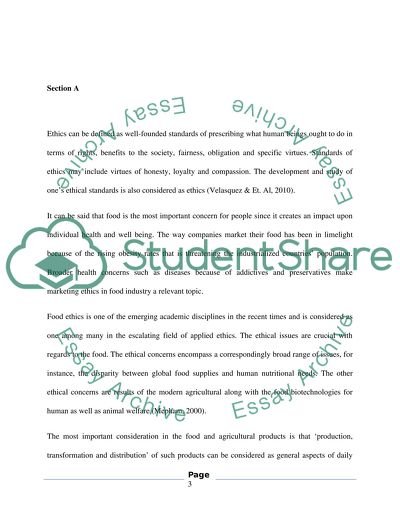Cite this document
(“What part does ethics play in food marketing Essay”, n.d.)
Retrieved from https://studentshare.org/environmental-studies/1411718-what-part-does-ethics-play-in-food-marketing
Retrieved from https://studentshare.org/environmental-studies/1411718-what-part-does-ethics-play-in-food-marketing
(What Part Does Ethics Play in Food Marketing Essay)
https://studentshare.org/environmental-studies/1411718-what-part-does-ethics-play-in-food-marketing.
https://studentshare.org/environmental-studies/1411718-what-part-does-ethics-play-in-food-marketing.
“What Part Does Ethics Play in Food Marketing Essay”, n.d. https://studentshare.org/environmental-studies/1411718-what-part-does-ethics-play-in-food-marketing.


